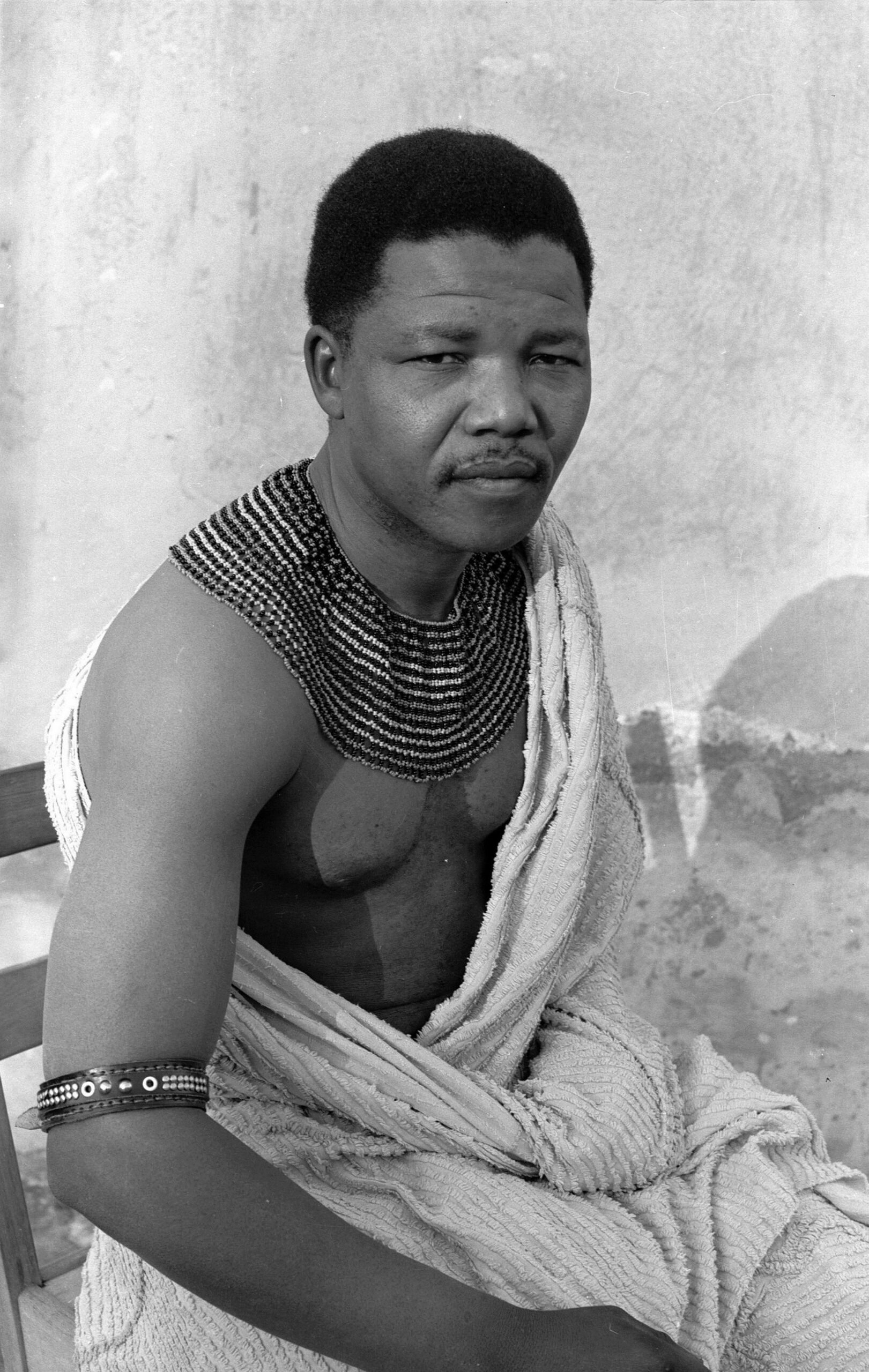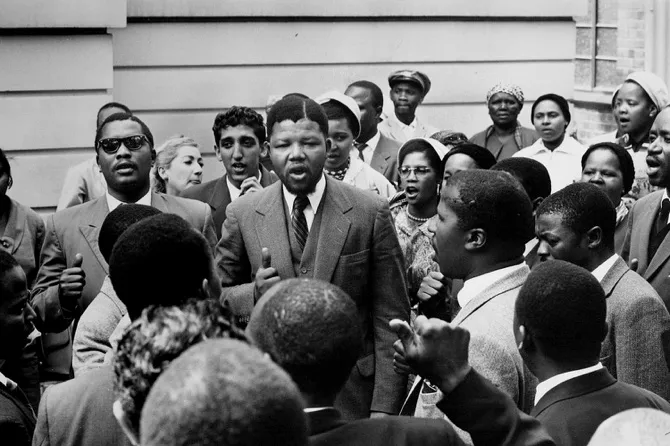By KATUMBA GERALD.
It was on 20th April 1964 a three-hour speech was given by Nelson Mandela from the dock at the Rivonia Trial, it was titled because it ended with the words “it is an ideal for which I am prepared to die”. It is considered one of the great speeches of the 20th century, and a key moment in the history of South African democracy. Today marked 60 years since that great speech was made.
Standing in front of court Judges Mandela fearlessly said,”I have cherished the ideal of a democratic and free society in which all persons live together in harmony and with equal opportunities. It is an ideal for which I hope to live for and to see realized. But my lord, if it needs be, it is an ideal for which I am prepared to die”. Nelson Mandela, at the conclusion of his speech.
How did it start, In July 1963, ten African National Congress (ANC) leaders were arrested in Rivonia, a suburb of Johannesburg. Along with Mandela, who had been arrested in August 1962 and was serving a five-year sentence, they were accused of counts of sabotage, furthering communism and aiding foreign powers.
That included charges of recruiting persons to undertake guerrilla warfare against the South African state, conspiring to aid foreign military against the republic, and furthering acts of communism.
The prosecutor Percy Yutar did not explicitly move for the death penalty, but it was generally believed that was what the state wanted. All defendants pleaded not guilty to the charges.
Before the trial, Mandela and the other defendants decided that instead of testifying as witnesses and submitting to cross-examination he would make a speech from the dock to put the state on trial, by pointing out the injustices of the South African society and its legal system. They also sought to show the political and moral programme of the ANC.
Mandela worked on the speech for weeks before the trial, receiving help in editing and polishing it from author Nadine Gordimer and journalist Anthony Sampson. In writing the speech, Mandela was inspired by Fidel Castro‘s “History Will Absolve Me” defence speech. He was particularly interested in making the speech appeal to an international audience, inspiring international support for the ANC cause.

Mandela’s lawyers urged him to leave out the final statement, lest it provoke the judge into sentencing him to death, but Mandela refused. He felt that he was likely to be sentenced to death regardless of his statement so that saying what he truly felt this would be the best option.
The prosecutor Percy Yutar made a surprise objection when the defense announced that Mandela would start by giving a speech instead of facing a more conventional cross-examination.
Since in South African law, a defendant may not address the court from the witness stand but only answer questions, Mandela gave the speech from the defendant’s dock. He spoke for some three hours before he concluded with the often-quoted “I am prepared to die”.
While delivering the last line of the speech Mandela looked the judge, Quartus de Wet, directly in the eye, the last eye contact between the two during the trial.
Mandela began by stating that he had been among the founders of Umkhonto we Sizwe, the armed wing of the ANC, and that he did not deny his involvement in planning sabotage saying he did not plan it in spirit of recklessness, nor because he had any love for violence but as a result of a calm and sober assessment of the political situation that had arisen after many years of tyranny, exploitation, and oppression of South Africans by the whites.
Mandela argued that all nonviolent means had been tried and that they had resulted only in mounting restrictions and reduced freedom for the African people. Referring to the Sharpeville shootings and a number of other instances of government violence against protesters.

He stated that “the government which uses force to support its rule teaches the oppressed to use force to oppose it” and that the decision to adopt selective use of violent means was “not because people desire such a course. Solely because the government left them no other choice.
Mandela’s friends Anthony Sampson and Nadine Gordimer, who had both participated in reviewing the speech as written by Mandela, had contrasting reactions to its delivery.
Sampson described it as the most effective speech of his career, whereas Gordimer thought the delivery to be “hesitant, parsonical” until “only at the end did the Mandela come through and when he had spoken that last sentence the strangest and most moving sound has ever heard from human throats, came from the ‘black’ side of the court audience”.
At the end of the trial, Mandela was convicted and sentenced to life imprisonment. He served 27 years of the sentence before he was released and elected President of South Africa. Upon his release he quoted the last sentence of his speech to the awaiting press.
Mandela believed that the reason Judge de Wet had not sentenced him to death was that in his speech, Mandela had “dared him to do so”.



